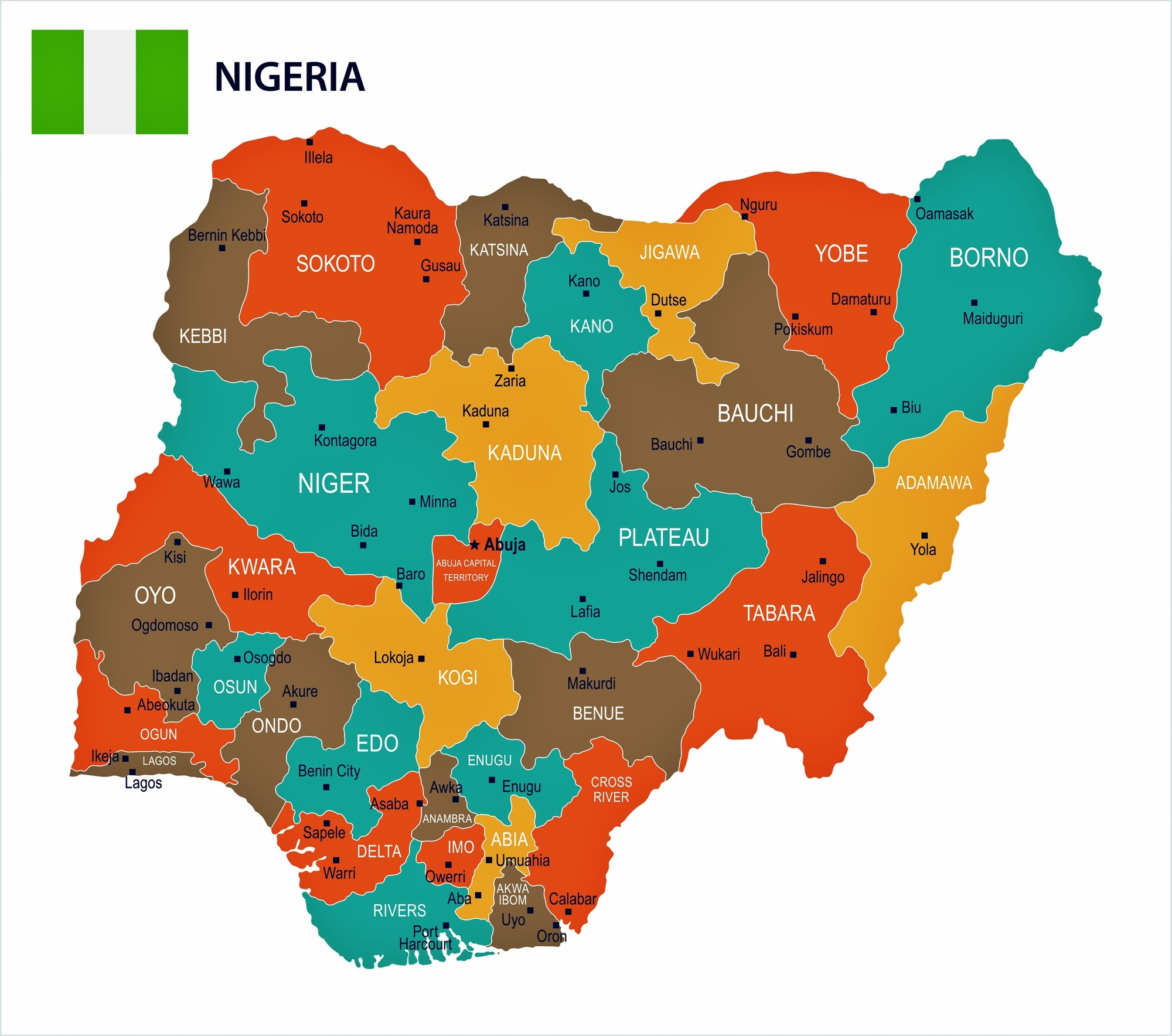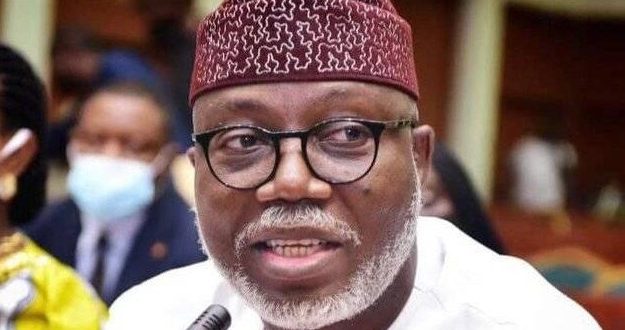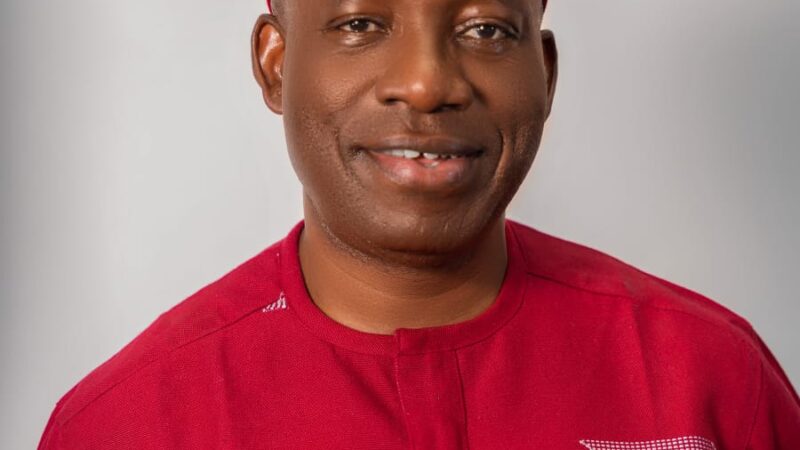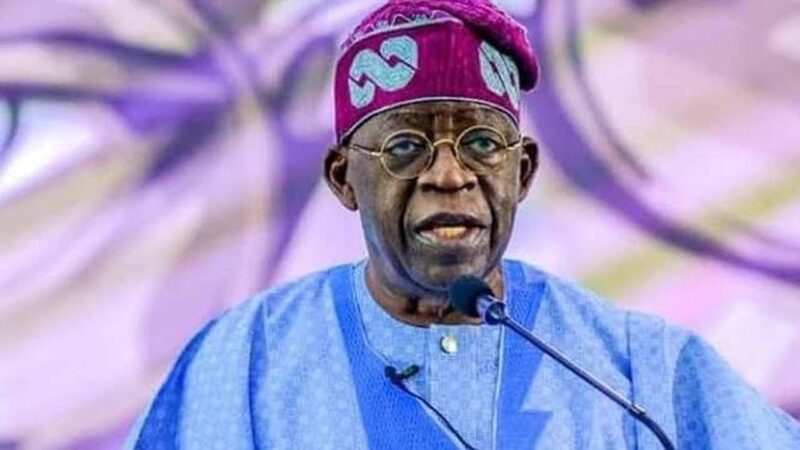#EndSARS Protests And The Unanswered Questions
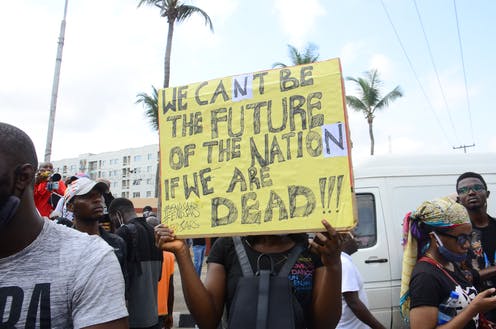

By Emeka Alex Duru
(08054103327, nwaukpala@yahoo.
If the sponsors of violence that has suddenly tainted the nearly two-week #ENDSARS# protests that rocked most parts of the country think they have succeeded in derailing the agenda of the demonstrations, such claim or celebration is pyrrhic. If anything, such unprincipled action has only subdued the rage of the youths but has not obliterated the issues at the heart of the agitation. This is more dangerous. It is akin to living with untreated sexually transmitted disease which retreats into the blood stream and incubates more damaging consequences.
As in a typical market setting or bazaar, Nigerian youths had gathered and let off their grievances before the infiltration by criminal elements. But the salient points of the protest remain. The matter at hand is more than disbandment of SARS. If dissolution of the compromised crime fighting body was the issue, the youths would have rested their agitation the moment SARS was pronounced dead by the Inspector General of Police. Seeking an end to the brutality of the Special Anti-Robbery Squad (SARS) of the Nigeria Police was just a battle cry of the youths. SARS was a metaphor for the ills in the society. The rampage against it was a subtle way of the youths expressing their anger at the culture of bad governance in the land.
Make no mistake about it. The agitation was not particularly directed at the Muhammadu Buhari administration. It was a rage against the system. In that case, the accompanying violence remains condemned. But truth be told, Nigeria is bad shape. It is one that evokes a sad reminder of the segmented French society in the lead-up to the 1789 French Revolution. France at the time was a system in which where one found himself, determined the attention and privileges he got from the state. Members of the First and Second Estates, represented by the monarch and the nobility, enjoyed luxurious lifestyle while the less privileged, lumped in the Third Estate, lived in abject poverty. Different laws not only protected and encouraged members of the privileged class but conferred on them certain political and economic advantages. In such situation, something needed to give in. Nigeria is driving towards that stage, whether we take it or not.
At the various #ENDSARS# protest grounds were unemployed graduates whose only sin was that they were born in a system that does not have provision for their future. There were also university students who have been at home for months because of the recurrent crisis between the federal government and Academic Staff Union of Universities (ASUU) over funding of the universities and breach of agreements. There were equally artisans who could not ply their trade because of epileptic power supply or outright outage by the electricity generating and distribution companies. Of course, there were the retrenched, the unemployed, the infirm and the poor who daily thronged the protest arenas with the hope of eking a day’s meal from the hand-outs by the organisers. These are Nigerians, our own wretched of the earth, as revolutionary writer, Frantz Fanon, would argue.
In that case, the argument of the protest failing because it lacked identifiable leadership does not situate. Leadership recruitment for any cause is a conscious engagement. The youths that seized the streets from October 8, did not have the time for the niceties of choosing their leadership. They were bonded by the bad governance in the land and galvanized by the urge to end the menace. The surge of their agitation captured the basic principles of revolution – promptness, spontaneity and thoroughness. It was only the third leg of the attributes that was not fully actualised. Revolutions are hardly planned. They also throw up their leaders in the course of events.
So, would the #ENDSARS# protests be said to have succeeded? Yes! The youths have delivered the message in clear terms. Have the lessons been learned? That is the question. President Buhari has assured that disbanding the ill-fated SARS was the first in the series of reforms ahead. It is hoped that he walks the talk. In this, time is of essence. Nigeria is at the crossroads. For a country that had boldly announced its entry into the comity of nation states 60 years ago, much is expected of it by its citizens. Other countries that started the journey to statehood with us at the same time have left us behind. Even the relatively less fortunate ones have overtaken us. Take, for instance, Botswana, a land-locked country in Southern Africa. At independence in 1966, Botswana was one of the poorest countries in the world, with a total of 12 kilometres of paved roads, 22 university graduates and 100 secondary school leavers. To cap it all, it was completely encircled by the hostile white minority regime in Namibia and neighbouring countries. But by dint of committed leadership, Botswana has risen above its initial challenges to become one of the world’s most thriving economies, reputed to have the highest per capita income in sub-Saharan Africa. But for tight immigration protocols, Nigerians are seeing the country as a safe heaven. What we have here is a reverse. From our lofty heights in the early years of independence, we have nose-dived to the world’s poverty capital and ranked in the same odious league with Iran and Afghanistan on insecurity.
The protests by the youth should serve as a wake-up call in renegotiating the Nigerian state. Things can no longer be the same. For long, we have played the ostrich on thorny issues confronting the nation. Nigeria’s size and population which should have counted as advantages and bargaining chips in the making of the nation are obviously turning her nemesis. It is time to revisit the inevitable question of restructuring and equitable power sharing. The government cannot live in the illusion of the control of the security apparatus to ignore this debate. It may, in the short run, have the power, the instrument of coercion to drown the demand. But the issues are there. They are the unanswered questions that will continue to haunt us as a people.
* Duru is the Editor of The Niche Newspaper


